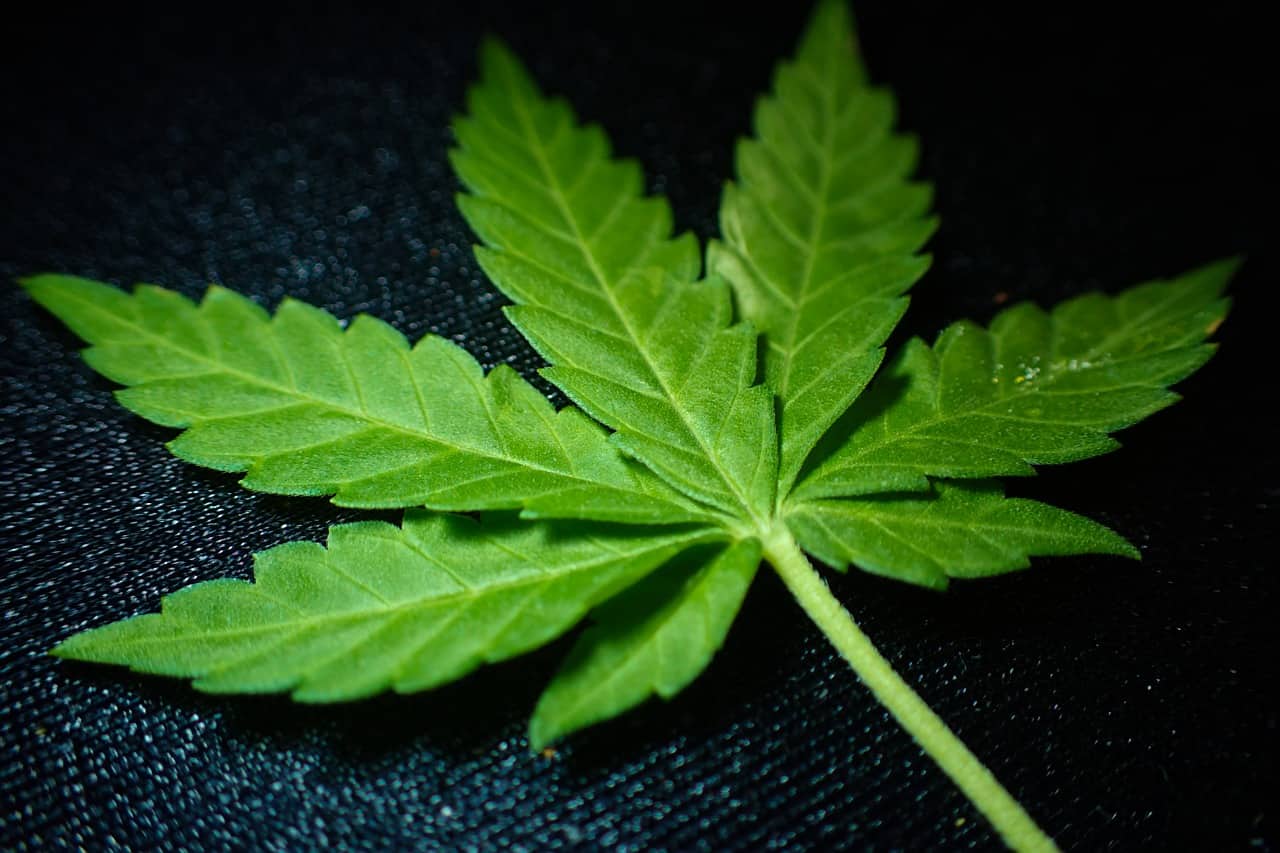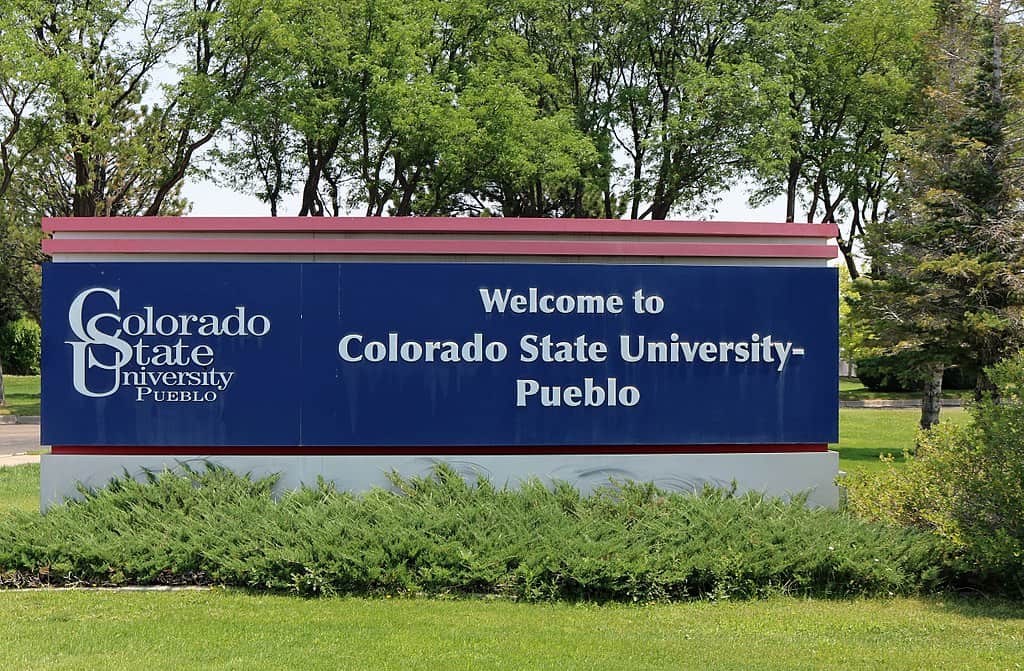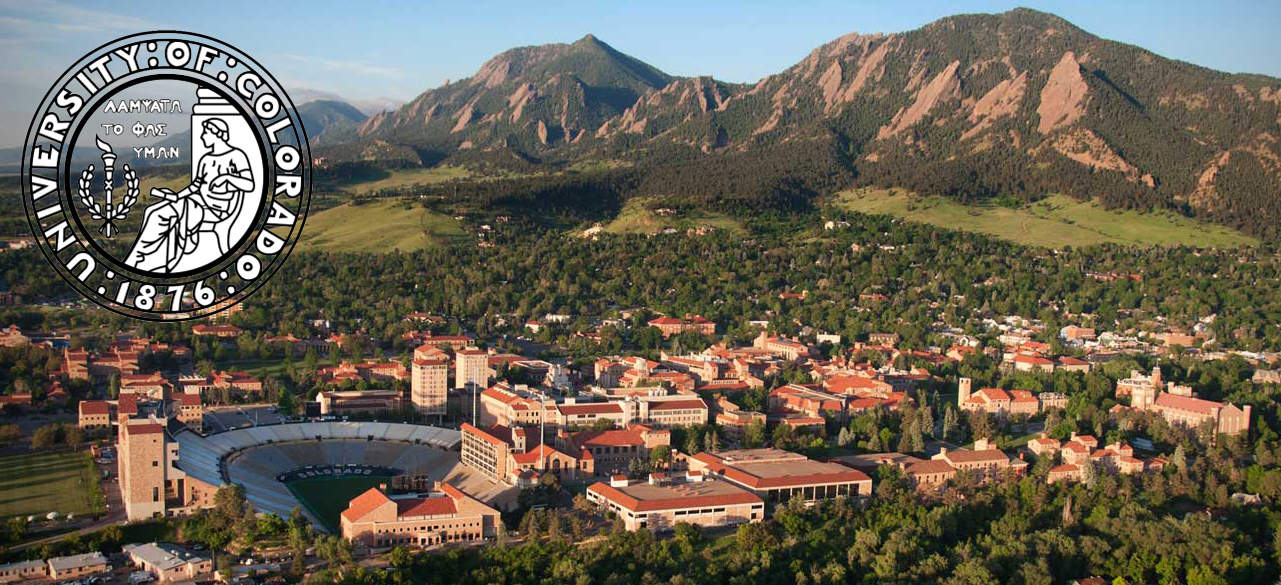

Ever since its legalization in Colorado and Washington state in 2012, the legal production and sale of marijuana has been a steadily growing field. Although it remains illegal federally, the medical and recreational uses of marijuana, as well as CBD (cannabidiol) and hemp products, represent a significant industry for the coming decades. If you’ve ever wanted to ride this explosive industry, now is your chance—the Pueblo campus of Colorado State University, located around 2 hours south of Denver, has just announced a new program offering a degree in marijuana and cannabis. The new program is entitled Cannabis, Biology and Chemistry, and will be available to students in the fall of 2020. This move follows the recent approval by the state for this program to exist and suggests that other schools may soon follow suit.
The dean of Science and Mathematics at the school, David Lehmpuhl, emphasizes the rigorous science behind the program. Despite the traditional association of recreational cannabis use with a laid-back mentality, Lehmpuhl asserts that the marijuana degree will be a “rigorous degree geared toward the increasing demand coming about because of the cannabis industry… We’re not pro-cannabis or anti-cannabis. What we’re about will be the science, and training students to look at that science.”

Photo from Wikipedia Commons
The demand that Lehmpuhl discusses is a significant one. In Colorado alone, the state has brought in over a billion dollars of income since 2019 from the cannabis industry, with the total figure since legalization measuring around six and a half billion.
The course requirements for this major are pretty serious and have reasonable overlap with a pre-medical course of study. There are two main pillars, in terms of curriculum, for this cannabis program. Biology and chemistry courses are both quite significant to understanding the field of cannabis production and sale from a scientific standpoint, and school administration has held that completing this program will be as rigorous as completing a double major in biology and chemistry. This is no easy feat, but for those dedicated to working in a rapidly growing field that they enjoy, it is a small price to pay.
On the biology side of things, students can expect traditional coursework, including classes on genetics and biochemistry. There will also be specific lab work tailored to the development and genetics of cannabis strains. The university has obtained an official license to plant and grow hemp industrially; students will be able to develop and experiment with CBD grown in-house. This type of lab work is currently one of a kind in the United States and offers an intriguing and unique educational experience.
Neurobiology classwork is also an integral part of the upcoming curriculum, due to the many mentally impactful applications of both THC and CBD.
In terms of chemistry, students will be faced with the usual chemical curriculum of discerning chemical compounds, balancing reactions, and the like. Biochemistry is also an important requisite for this program, as a fundamental understanding of the human body’s chemical processes is highly significant in this field. The school has also promised courses in analytical chemistry. While this technique has been applied to fields such as forensics or agriculture in the past, it is particularly valuable to the development and refinement of cannabis strains. Analytical chemistry is the go-to tool in modern industry to determine, for example, the proper chemical concentration of CBD in a myriad of therapeutic products.
Even before this program was announced, the school had recently announced a new research center at another one of its campuses in Fort Collins, Colorado. This research center, built as part of that campus’ College of Natural Sciences, has been designed for the purpose of studying the chemical makeup of hemp and other cannabis-related products. This research center joins countless others across the nation with the proper equipment to investigate the medicinal and engineering properties of plants and other naturally occurring resources. However, it is one of the first expressly geared towards the analysis and furthering of the field of hemp research.

Photo from Wikipedia Commons
While the University of Colorado program is the first one nationally to offer direct education on the cannabis and hemp industry, there are several other universities and colleges with similar programs already established. One of these is the Marquette location of Northern Michigan University, which offers a four-year degree in medicinal plant chemistry. In addition to some of the coursework addressed in the University of Colorado program— organic chemistry and genetics in particular—the Northern Michigan University program also emphasizes some of the economic skills relevant to a career in plant medicine. Financial management and accounting are both cornerstones of the Michigan program.
With the cannabis and hemp industry exploding over the past decade, the ceiling is practically infinite for this booming field. The new program at the University of Colorado is an excellent start for what will surely be a growing trend in years to come.
Disclaimer:
You knew it was coming, the text in this article is informational only and not intended to be legal or medical advice or recommendations in any way. Use this information as you will with your own discretion. The bottom line is – be safe, follow the rules, and enjoy some Mary Jane while you are in the Bicentennial State for your Rocky Mountain High!



